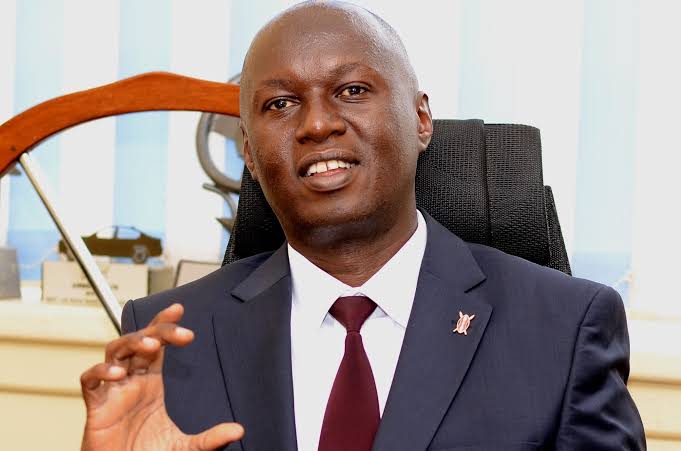Jijenge Credit’s Golden Advice: How to Avoid Overspending and Stay on Budget

In a world filled with constant social pressures, emotional triggers, and ever-evolving spending habits, avoiding overspending can feel like a daunting task. However, according to Mr. Peter Macharia Kamau, founder and CEO of Jijenge Credit, there are simple strategies to help you regain control over your finances.
As Kenya’s leading credit-only microfinance institution, Jijenge Credit has seen firsthand how easily people can fall into the trap of overspending. But the good news is, it doesn’t have to be this way. Mr. Macharia shares some valuable insights into why we overspend and how to keep our finances in check.
Why Do We Overspend?
Overspending often looks different for each person, but several common factors play a role:
**Social Pressure**: Many people feel the need to keep up with friends or family members, especially when it comes to dining out or buying the latest trends. This pressure can lead individuals to spend beyond their means, just to fit in.
Lifestyle Creep: When your income increases, it’s tempting to upgrade your lifestyle, whether by eating out more or splurging on new clothes. Unfortunately, this “lifestyle creep” can result in higher spending that doesn’t necessarily lead to a better financial situation.
Emotional Spending: Retail therapy might sound fun in the moment, but it can lead to regret and financial anxiety later on. Emotional spending often occurs when people make impulsive purchases to deal with stress, boredom, or even excitement.
Impulse Purchases: In today’s digital age, social media influencers and targeted ads make it easier than ever to make impulsive purchases. These quick decisions might seem harmless, but they can add up to significant spending.
Credit Misconceptions: A common misconception is that credit cards offer “free money.” In reality, using credit without the means to pay it off can lead to high interest rates and fees, costing far more than the initial purchase.
How to Curb Your Spending
Mr. Macharia suggests practical steps to help you avoid overspending and regain control over your budget:
Review Your Expenses: The first step is understanding where your money goes. Take the time to review your last two months’ worth of expenses. Break them into two main categories: essentials and non-essentials. Essentials include rent, utilities, groceries, and transportation, while non-essentials cover dining out, shopping, entertainment, and other discretionary spending. This will give you a clearer picture of where your money is going.
Track Non-Essential Spending: If you find that you’re spending too much on non-essentials, dive deeper. Look at how much you’re spending on specific categories like clothing, dining, or trips. Identifying these areas can help you make cuts and save more.
Create a Budget: Once you understand your expenses, create a budget that prioritizes your essential needs while limiting spending on non-essentials. Stick to this budget, and review it regularly to ensure you’re staying on track.
Set Financial Goals: Having clear financial goals—such as saving for an emergency fund or paying off debt—can help you stay focused and resist impulsive spending.
Mindful Spending: Before making a purchase, pause and ask yourself whether it’s truly necessary. Consider implementing a 24-hour rule for non-essential items: if you still feel the need to buy something after a day of reflection, then it might be worth considering. This simple habit can prevent impulse buying.
Use Credit Responsibly: If you use credit cards, be sure that you can afford to pay off the balance in full each month. Avoid using credit to finance items you cannot immediately pay for.
By following these simple steps, you can regain control of your finances, reduce stress, and avoid falling into the trap of overspending.
Take Action Today
Mr. Macharia’s advice is clear: it’s not about denying yourself the things you want, but about spending wisely and prioritizing what truly matters. By reviewing your spending habits, setting a budget, and staying mindful of your financial goals, you can achieve long-term financial stability.
At Jijenge Credit, we believe that financial freedom starts with making informed, responsible choices. Take the first step towards a healthier financial future today!





